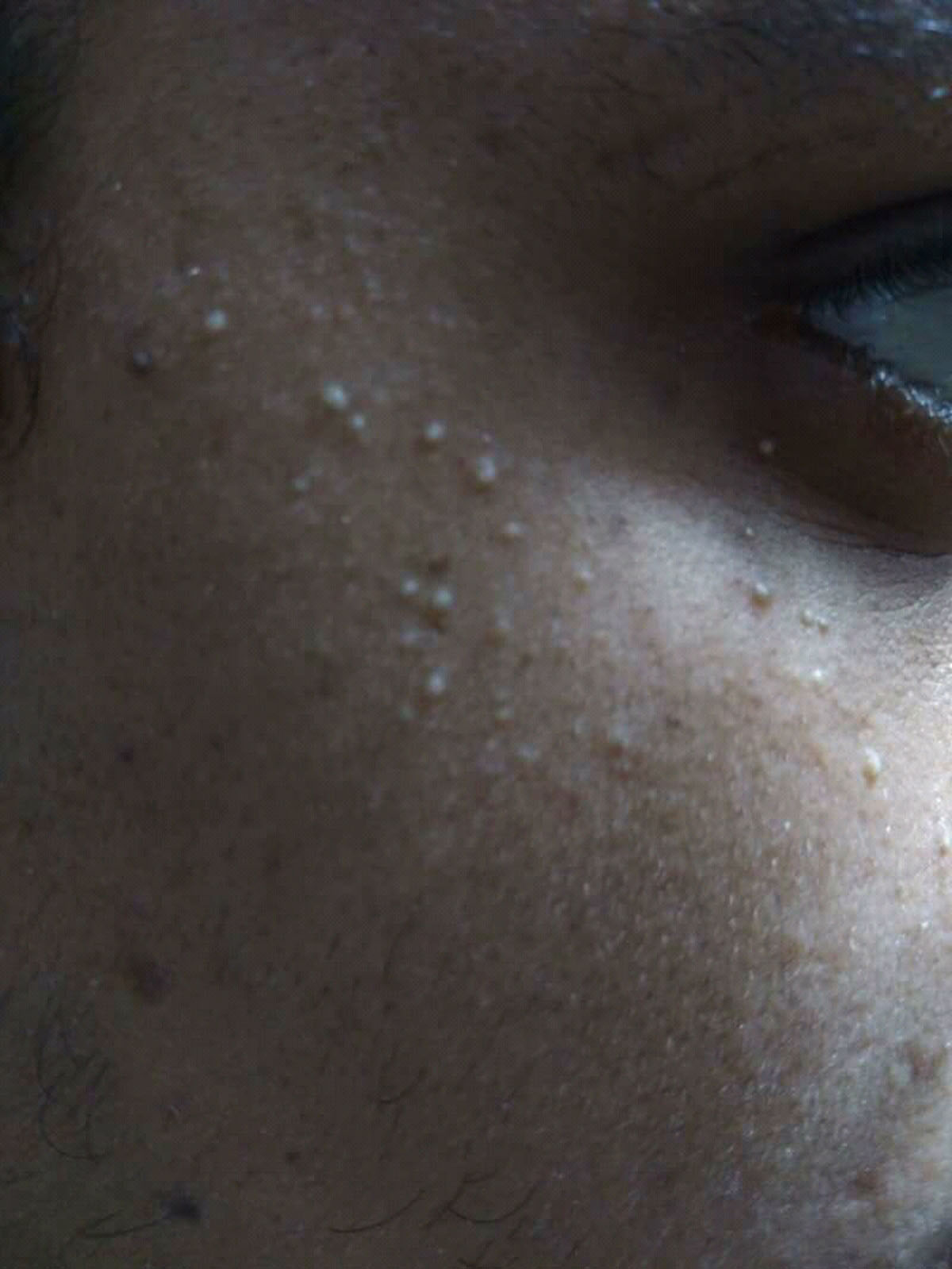
Human scalp is susceptible to all sorts of problems. It can be dryness, flaking, infection, hair loss, dandruff, and sometimes itchy bumps. Itchy bumps on scalp are usually very annoying and frustrating, especially if the person suffering from them does not know what caused it.
Causes of itchy bumps on scalp
Hives, which indicate an allergic reaction, are one possible reason for itchy bumps on scalp. Hives can appear anywhere on the skin, including, the scalp, in form of red, large bumps that look like one large bump but are in fact several smaller bumps packed together.
Itchy bumps can also be cysts. There are two basic types of cysts - epidermal and sebaceous. A cyst is a small sac beneath the surface of the skin, filled with clear, oily, semi-solid fluid.
Dermatitis is a skin condition that causes bumps that are itchy, painful and filled with pus that may break and ooze.
Itchy bumps on the scalp may also be acne. Acne occur when the hair follicle becomes blocked by dead skin cells, dirt, sebum and bacteria.
Sometimes, although not very often, itchy bumps on scalp may in fact be cancerous growths. This usually occurs in the areas with the least hair growth.
Different types of infections can also cause this problem. It may be staph infection, ringworm or chickenpox. Bumps can also be a sign of psoriasis.
Parasites like head lice, mites and scabies are known for affecting the scalp and one of their symptoms are itchy bumps.
Folliculitis is a condition in which the sac that hosts the hair root becomes infected, usually by the bacteria. It should not be confused with acne.
Remedies for itchy bumps on scalp
Itchy bumps on scalp should be treated according to their cause. If the cause is an allergic reaction, it will help to put some antihistamine ointment on it. Acne and folliculitis can be treated with antibacterial creams while fungal infections, if they are severe, should be treated with a combination of topical and oral anti-fungal medications.
If the bumps are only a minor problem, they can be treated with special shampoos that usually contain ketoconazole, Ciclopirox, selenium sulphide, salicylic acid or zinc pyrithione.
It is also important to lead a healthy life style. In order to allow the body to fight the problem, it is vital to increase the intake of vitamins and minerals, through food or, if necessary, through supplements. Drinking plenty of fluid is also necessary. As for the hygiene, shampooing and showering should be regular and frequent but without harsh or heavily perfumed products.


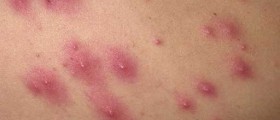


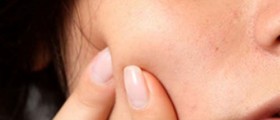

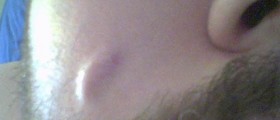
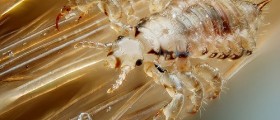







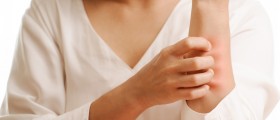
Your thoughts on this
Loading...